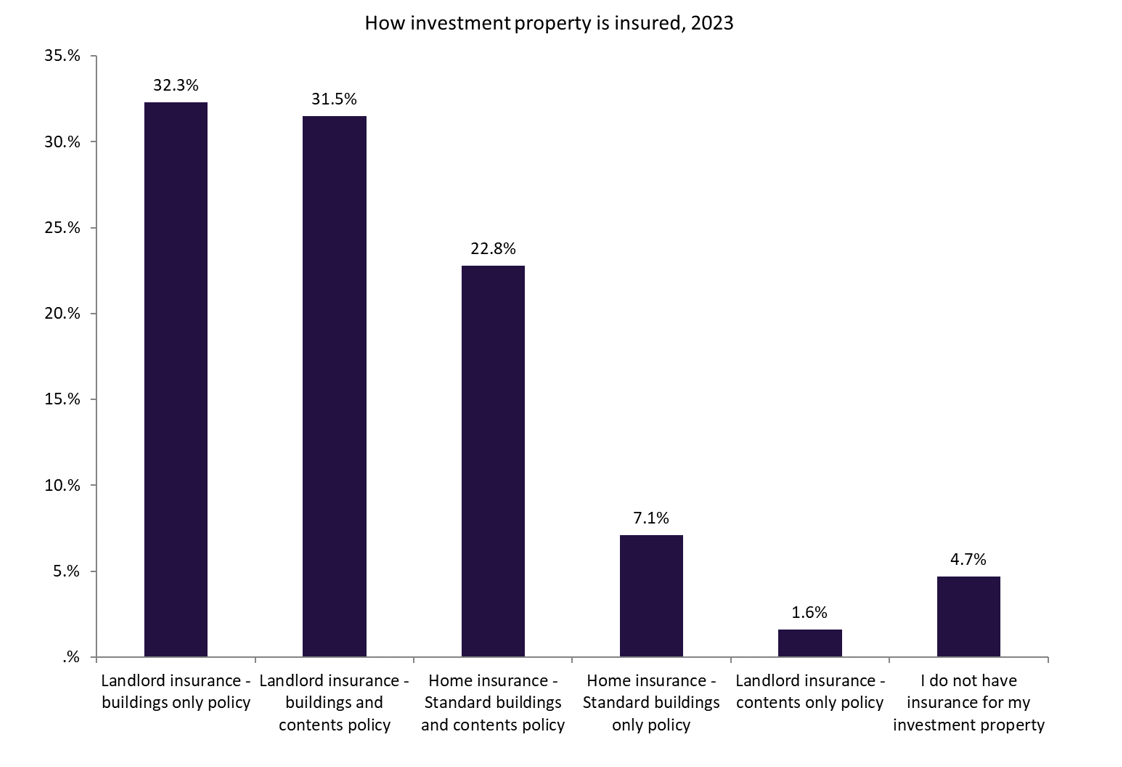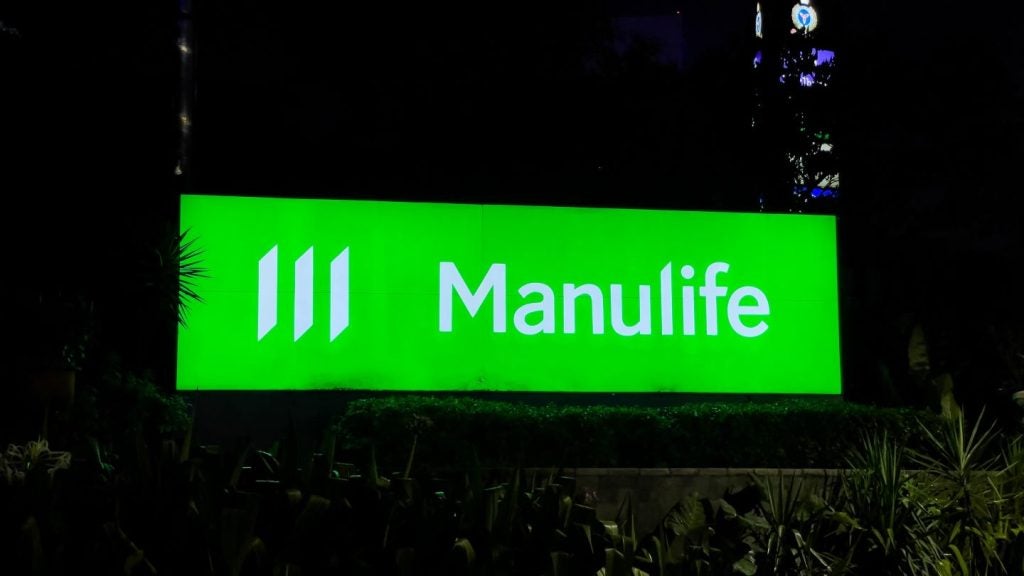GlobalData surveying suggests landlords may erroneously select inadequate coverage by opting for standard home insurance instead of tailored landlord insurance policies. Meanwhile, research from Confused.com suggests there is some uncertainty around landlord insurance and what it covers.
As per GlobalData’s 2023 UK Insurance Consumer Survey, 29.9% of landlords rely on standard home insurance policies for their investment properties. This comprises 22.8% who have standard buildings and contents home insurance and 7.1% who opted for standard buildings home insurance alone. This suggests a reliance on standard home insurance among landlords, which may stem from misconceptions about coverage adequacy. Despite its prevalence, standard home insurance may not provide sufficient protection for rental properties, leaving landlords vulnerable to potential risks.
Moreover, 4.7% of respondents do not have any insurance for their investment property. There are several potential reasons for this. One primary factor could be a lack of understanding or confusion surrounding the types of insurance policies available and what they cover.
Meanwhile, research from Confused.com home insurance experts revealed that more than 8,000 people in the UK Googled “What does landlord insurance cover?” The findings suggest that there may be a lack of clarity or understanding among landlords regarding the extent of coverage provided by insurance policies.
Firstly, there may be a misconception among landlords that standard home insurance policies are sufficient to cover their rental properties. However, standard home insurance typically does not provide adequate coverage for such properties, leaving landlords vulnerable to financial losses in the event of damage or liability claims related to the rental property. Additionally, the terminology and specifics of landlord insurance policies may be confusing for some property owners. Landlord insurance policies often include coverage for both the physical structure of the property (building insurance) and the contents within it (contents insurance). However, the extent of coverage can vary between policies, leading to uncertainty among landlords about what exactly is covered and what is not.
Moreover, there may be a lack of awareness among landlords about the potential risks associated with renting out a property. Some landlords may underestimate the likelihood of property damage, liability claims, or loss of rental income, leading them to overlook the importance of insurance coverage. Financial considerations may also play a role in the decision-making process. Landlord insurance premiums can add to the overall expenses of property ownership, and some landlords may prioritize minimizing costs over obtaining comprehensive insurance coverage for their investment properties. To address the uncertainty surrounding landlord insurance and the lack of coverage for investment properties, insurers can implement several strategies. Insurers should prioritize education and outreach efforts to improve landlords’ understanding of insurance policies and their coverage. This could involve offering clear and accessible information about the types of insurance available, the specific coverage provided, and the importance of adequate protection for investment properties. By empowering landlords with knowledge and support, insurers can help mitigate uncertainties and encourage more landlords to obtain appropriate insurance coverage for their investment properties.








